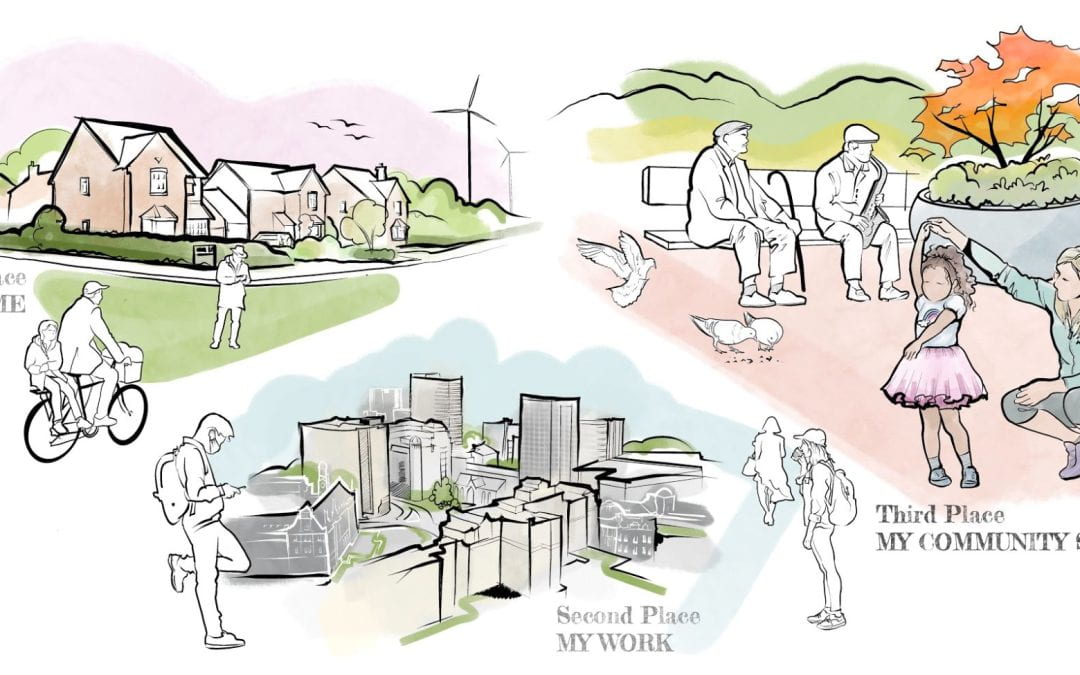Opinion: Beware of the Return of E-Cigarettes as School Resumes
October 27, 2021

According to New York Presbyterian Hospital, there has been a startling increase in the number of hospitalizations from Covid-19 for adults aged 20 – 44. Unfortunately, some of these hospitalizations result from lung damage caused by vaping. According to John Hopkins University, vaping coats the lungs with harmful chemicals that leaves the lungs inflamed and damaged. John Hopkins University also states that vaping exponentially increases the risk of bronchiolitis obliterans and lipoid-pneumonia. Both of these diseases exacerbate the effects of Covid-19 on the body. Covid-19 which targets the pulmonary system could very easily become fatal because of the weakened immune system. Not only will vaping drastically increase the risk of death from Covid-19, but it will also increase the risk of death from other ailments.
Teens should not vape with the return to school after quarantine. Teens all around the world were vaping before the pandemic, but, according to Psychology Today, many teens stopped vaping because of the pandemic. They stopped because there was time to give it up without going through the stages of withdrawal at school. Unfortunately, with the return to school, some students may fall back into those bad habits. Going back to school can also promote the idea of vaping to people who have not started yet. Vapes were originally introduced as a way for people with cigarette addictions to get nicotine from a place with less nicotine, but many adolescents are using it for the wrong reasons.
According to Johns Hopkins University, vape users inhale substances that are either clearly harmful or that have an unknown effect. One of these substances is Vitamin E, something that is healthy when used on the skin or as a supplement, but irritates your lungs when inhaled. Other harmful chemicals used are formaldehyde, which causes lung disease and heart disease, and acrolein, which is most often used as a weed killer. Nicotine, which is present in tobacco-based vapes, is an extremely addictive compound and also has adverse side effects. According to Very Well Mind, side effects of nicotine include decreased appetite, which can weaken the immune system and cause malnutrition, and anxiety. Other side effects are increased heart rate and levels of adrenaline, high blood pressure, which can cause heart problems along with other issues, sweating, nausea, diarrhea, and increased alertness.
According to the National Center for Biotechnology Information, 25.8% of deaths from Covid-19 were current smokers. Less than half of the deaths had outlying risks. This is why it is important for people that vape, especially teens, to stop. Vaping not only makes Covid-19 more deadly, but it takes years off of your life. Schools should be educating people about this. Mr. Ralston, a teacher in the social studies department, said of vaping: ”Its bad for them, and there are health and school concerns.” Addressing current vape users, he advised, “Get help. If you didn’t already have a reason to do it, quit because of COVID arising respiratory problems.” He added, “Don’t do it. You look really stupid [and] it is terrible [for the human body].” Mrs. Thomson wanted to tell students that vaping is “really harmful to your body, mouth, and lungs. Its not as harmless as people think.”
There is so much peer pressure to start vaping, but the pandemic halted this because of the total lack of social interaction. The pandemic led to the rates of vaping in youth as a whole decreasing. With the return to school, peer pressure will return. Teenagers especially are susceptible to unconscious manipulation from others because of their volatile mental state. Vaping is extremely addictive. The nicotine and other addictive substances present in e-cigarettes gives you intense cravings for more. According to Kids Health, withdrawal from e-cigarettes causes headaches, tiredness, and feelings of depression, anger, or irritability.
It is important to recognize that addiction is a disease, and that it is unfair to blame vape users for their addiction. Addiction is hard to manage and quitting is even harder without the proper support or motivation. People, especially teens, should not have to suffer through addiction. Juul’s aggressive marketing campaigns have inflicted the disease of addiction on many young people, and although it is tempting to believe that individual vaping teens are at fault, it is more effective to focus on the larger systems that make nicotine addiction so prevalent. This is why it is so important that young people have the resources to make the right choices by avoiding nicotine altogether. As Mrs. Thomson, a science teacher, believes, “Knowledge is power. Maybe it would help if they knew what [vaping] can do to their bodies.”
Vaping is similar to the Covid-19 pandemic. It spreads through close contact with other people and is highly transmittable. It can cause severe lung problems, irritating them, and increasing the risk of infection or more serious illnesses. It has an even worse effect on a person’s mental health, causing addiction and increasing the possibility of severe depression. For those who vape, stopping is especially important now because the risk of adverse symptoms from either Covid-19 or vaping is higher than ever. According to Singlecare.com, Americans ages 18-29 are the most likely demographic to vape in the United States. 17% of Americans 18-29 vape habitually. Both vaping and the Covid-19 pandemic are extremely detrimental to the collective health of the United States, and it is imperative that we, as a society, stop endangering our youngest and most vulnerable people.

















